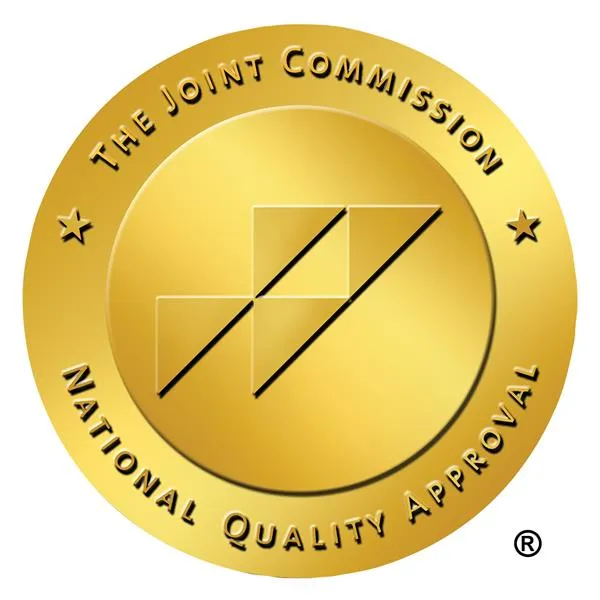Each new year is usually associated with big celebrations and positive changes — giving thanks, setting goals, and starting fresh. But after all the feasts, gifts, and fireworks, reality hits workers all over the nation hard — in the form of a stressful tax season.
Tax season could be challenging for travel nurses, especially since taxes work differently for them than for staff nurses. Travel nurses need to deal with different variables including taxable and nontaxable income, tax home considerations, and compliance with state-specific rules. Even tax professionals themselves have to contend with the continuous changes in tax laws, globalized businesses, and technological advancements, which all contribute to the demanding nature of tax preparation. This is why it’s imperative for everyone, especially travel nurses, to know the basics of tax preparation.
Before dealing with the complexities of tax filing, travel nurses need to understand the common tax mistakes and gather helpful tips to facilitate smoother tax filing to the Internal Revenue Service (IRS). Mistakes such as missed deductions, underestimated costs, overlooked state-specific requirements, and believing common tax myths can lead to filing complications. And even though taxpayers can call the IRS to seek assistance and ask questions, sadly, not everyone gets the responses they need due to the IRS’ administrative challenges: it’s reported that the agency was only able to answer about 13% of 173 million calls, with an average of 29-minute wait. This is why when tax season approaches, it’s important to be well prepared.
We’ve rounded up some helpful tips and tricks to help travel nurses navigate tax season as stress-free as possible.
Important things to know and do for travel nurse tax filing
Know your employment status
As a travel nurse, your employment status may vary, depending on how you are hired. Whether classified as an employee of a staffing agency, an independent contractor, or self-employed, understanding your employment status will determine how your classification affects your tax obligations and deductions.
Learn your state’s tax rules
Working in different states adds complexity due to varying state tax rules. Except for nine states — namely Alaska, Florida, Nevada, New Hampshire, South Dakota, Tennessee, Texas, Washington, and Wyoming — each state taxes wages according to its own distinct rules. Because of this, travel nurses might need to file nonresident state tax returns for each state they work in.
Understand what a tax home is
A tax home is not necessarily the same as a taxpayer’s legal residence. It is where most work is performed. Travel nurses need to follow IRS guidelines to enjoy tax-free privileges, including returning to their main homes for at least 30 days during the year, and while they’re working away from their main homes, they’d need to establish that they’re still paying mortgage or rent payments, utilities, and home insurance and are incurring duplicate expenses. Tax homes can save travel nurses up to US$6,000 in tax savings.
If taxpayers work from home and don’t have a fixed place of business (they travel directly to assignments from their homes), they are considered itinerants or transients. According to the IRS, itinerants aren’t able to write off housing and travel expenses.
Track expenses and keep receipts
Staying organized will help travel nurses quickly and efficiently match expense amounts with receipts, which can be done via the classic pen and paper or an expense tracker app. Travel nurses who intend to file for tax exemptions would also need to save all receipts that are related to food, uniforms, fuel, and other expenses that they could physically keep in binders or digitally via receipt scanning apps. The IRS provides a list of which records taxpayers should keep to support the deductions claimed on their tax returns.
Work with an experienced certified public accountant (CPA)
Hiring a tax professional who specializes in travel nursing can help travel nurses maintain tax home status and maximize deductions as well as credits.
Travel nurses who work in multiple states oftentimes overlook state-specific tax requirements. This is why consulting a tax professional experienced with multi-state taxation is important. Not only do they know the intricacies and complexities of tax filings for various states, but they would also be able to file taxes promptly (tax deadlines for 2023 are fast approaching), which could greatly minimize the risk of penalties and even audits.

